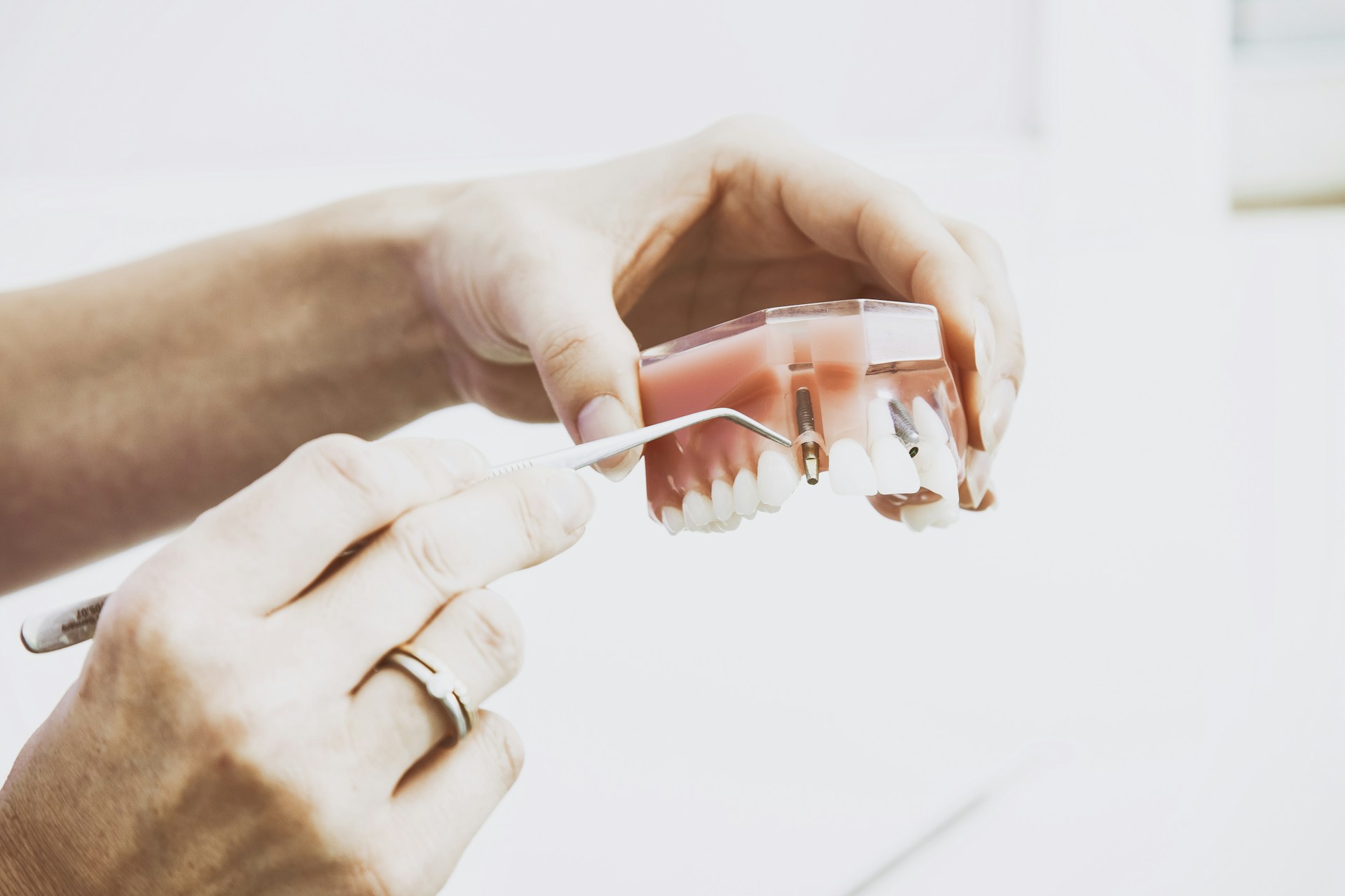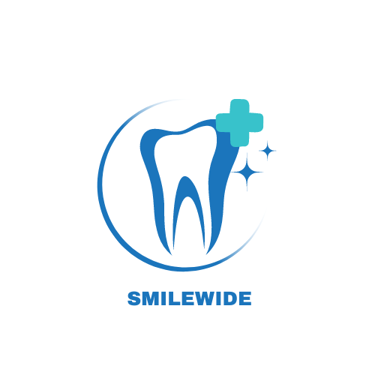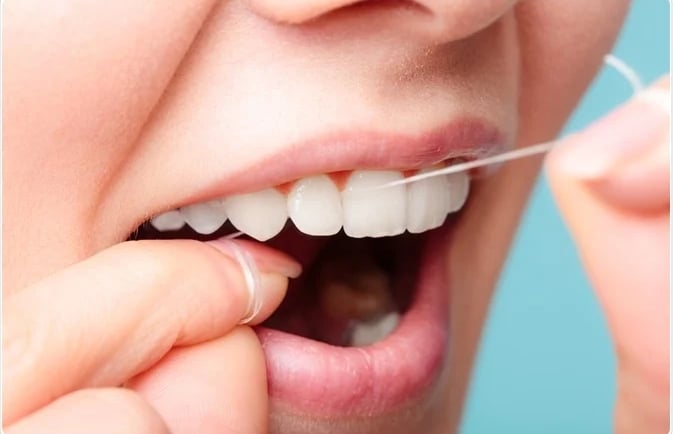SMILE- It costs nothing !!!
Flossing Recommendations - How often to floss?
Discover expert flossing recommendations on how often to floss for optimal oral health. Learn the benefits of regular flossing and enhance your dental hygiene routine today for a healthier smile.
11/25/2024
How Often Should I Floss?
Flossing is an essential part of maintaining healthy teeth and gums, yet many people wonder, "How often should I floss?" or "How many times a day should I floss?" If you're asking these questions, you're not alone.
In this article, we’ll answer these questions and provide you with a clear, actionable guide to flossing teeth effectively.
Why Flossing Teeth Is Essential
Flossing removes food particles and plaque from between your teeth and along the gumline—areas a toothbrush can't reach.
If left unchecked, this buildup can lead to:
Cavities
Gum disease (gingivitis and periodontitis)
Bad breath
Adding flossing to your oral care routine can significantly improve your dental health, but consistency and proper technique are key.
Related : Is flossing necessary ?
How Often Should You Floss?
The American Dental Association (ADA) recommends flossing at least once a day. This is sufficient to remove plaque and prevent gum disease.
While once daily is the standard recommendation, some people may benefit from flossing more often, depending on their dental needs.
For instance, if you frequently get food stuck between your teeth, you might wonder, "How many times to floss a day?" In such cases, flossing after meals may be helpful.
Related : Benifits of water flosser
How Many Times a Day Should I Floss?
Here’s a simple breakdown to answer this common question:
Once a Day:
Ideal for most people to maintain good oral health.
Best done before bedtime to clean your teeth before sleep.
Twice a Day (Optional):
If you eat foods that easily stick between your teeth, flossing after lunch or dinner can provide added protection.
Consult your dentist before increasing frequency to ensure it won’t harm your gums.
How Often to Floss Teeth: Factors to Consider
Your Dental Health:
If you have healthy teeth and gums, daily flossing is usually sufficient.
If you have gum disease, your dentist may recommend flossing more frequently.
Dietary Habits:
Sticky or fibrous foods (like popcorn or meat) may necessitate flossing after meals.
Orthodontic Appliances:
If you wear braces or retainers, flossing teeth around these devices may require special flossing tools and extra time.
Flossing Technique: Are You Doing It Right?
Knowing how to floss properly is just as important as knowing how often to floss teeth. Follow these steps:
Use about 18 inches of dental floss.
Wrap the floss around your middle fingers, leaving about 2 inches to work with.
Slide the floss gently between your teeth.
Curve the floss into a C-shape and slide it under the gumline.
Use a clean section of floss for each tooth.
Signs You’re Not Flossing Enough
If you’re still unsure how often to floss teeth, watch for these warning signs:
Bleeding gums when brushing or flossing (may indicate gum disease).
Persistent bad breath.
Visible plaque or food particles between your teeth.
FAQs About Flossing Teeth
Q: How many times a day should I floss to prevent gum disease?
A: Flossing once a day is typically enough to prevent gum disease. For individuals with advanced gum disease, flossing twice a day may be recommended.
Q: Can I floss too often?
A: Over-flossing can damage your gums and lead to sensitivity. Stick to flossing once or twice a day unless advised otherwise by your dentist.
Q: When is the best time to floss?
A: Flossing before bedtime is ideal since it removes debris accumulated throughout the day.
Flossing is a simple yet powerful tool in your oral care routine. For most people, flossing once a day is sufficient to keep teeth and gums healthy.
However, if you’re wondering how many times to floss a day, consider your specific dental needs and consult your dentist for personalized advice.
By understanding how often to floss teeth and practicing proper technique, you can prevent dental problems and maintain a bright, healthy smile for years to come.
So, make flossing teeth a daily habit—it’s worth it!

Contact Smiles
drdeepi15@gmail.com
Dr. Deepika B.D.S
© 2025 SmileWide Dental. All Rights Reserved.
Have doubts ..?


